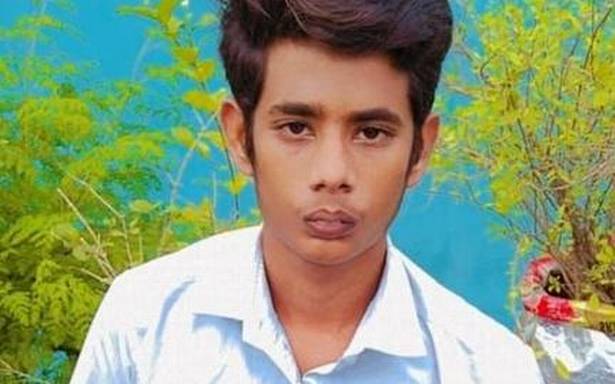A preliminary assessment by doctors revealed that the 16-year-old died due to a brain haemorrhage
A 16-year-old boy collapsed and died after he reportedly played an online game continuously for several hours.
Police have identified the deceased as Dharshan, a resident of Annai Thersa Nagar, V. Manaveli, near Villianur. He was a Class 12 student at a private school near Villianur.
Superintendent of Police Ranganathan told The Hindu that the boy collapsed at around 7 p.m while playing the online game ‘Fire Wall’ on Monday.
“As per information given by the boy’s parents, he attended online classes in the morning. Around 3 p.m, he starting playing online game on his mobile phone. After he collapsed, he was first taken to a private hospital and later to JIPMER. Efforts by doctors did not succeed in reviving him,” he said.
A preliminary assessment by doctors revealed that the boy died due to a brain haemorrhage, Mr Ranganathan said adding that a case has been registered under section 174 of the CrPc on Tuesday. He said a detailed assessment could be done only after the post-mortem report came in.
Experts at JIPMER however said it was untenable to pinpoint excessive indulgence in video games as the sole cause of death without more detailed information on the possibility of other underlying medical conditions.
JIPMER sources said the boy was brought dead to the hospital on Tuesday. An autopsy identified a cerebral haemorrhage as the cause of death.
Sunil Narayan, neurology professor and a stroke expert at JIPMER, said given the available information it was unlikely that indulgence in video games in isolation was the reason for death in this case.
“This is not to rule out that a surge in adrenaline (unlike hormones like endorphin or dopamine more associated with addiction) not just from playing games, but overexertion of any kind, can aggravate to a fatal level an underlying vascular malformation by spiking heart rate and blood pressure,” Dr. Narayan said.
Source: Read Full Article

